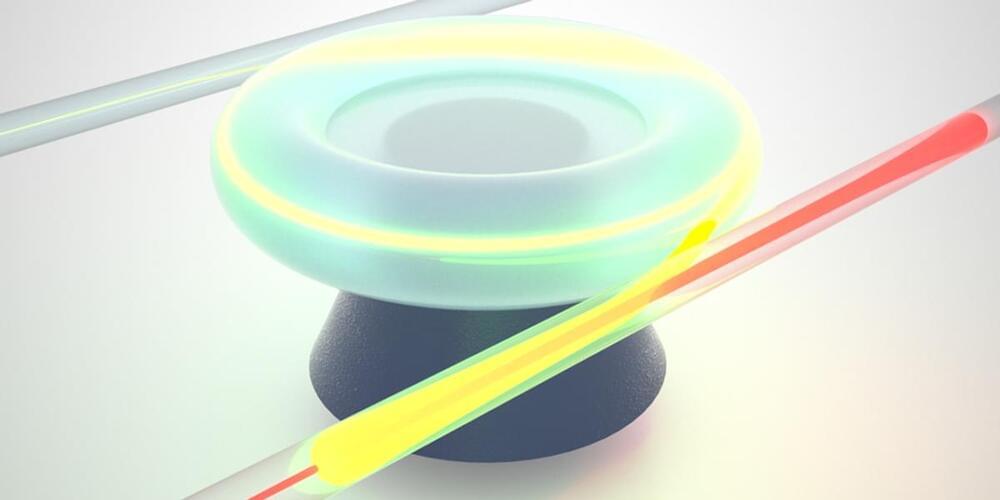In recent years, a community of researchers from various universities and institutes across Europe and the United States set out to explore the physics of micro-and nano-mechanical devices coupled to light. The initial focus of these investigations was on demonstrating and exploiting uniquely quantum effects in the interaction of light and mechanical motion, such as quantum superposition, where a mechanical oscillator occupies two places simultaneously. The scope of this work quickly broadened as it became clear that these so-called optomechanical devices would open the door to a broad range of new applications.
Hybrid Optomechanical Technologies (HOT) is a research and innovation action funded by the European Commission’s FET Proactive program that supports future and emerging technologies at an early stage. HOT is laying the foundation for a new generation of devices that bring together several nanoscale platforms in a single hybrid system. It unites researchers from thirteen leading academic groups and four major industrial companies across Europe working to bring technologies to market that exploit the combination of light and motion.
One key set of advances made in the HOT consortium involves a family of non-reciprocal optomechanical devices, including optomechanical circulators. Imagine a device that acts like a roundabout for light or microwaves, where a signal input from one port emerges from a second port, and a signal input from that second port emerges from a third one, and so on. Such a device is critical to signal processing chains in radiofrequency or optical systems, as it allows efficient distribution of information among sources and receivers and protection of fragile light sources from unwanted back-reflections. It has however proven very tricky to implement a circulator at small scales without involving strong magnetic fields to facilitate the required unidirectional flow of signals.
